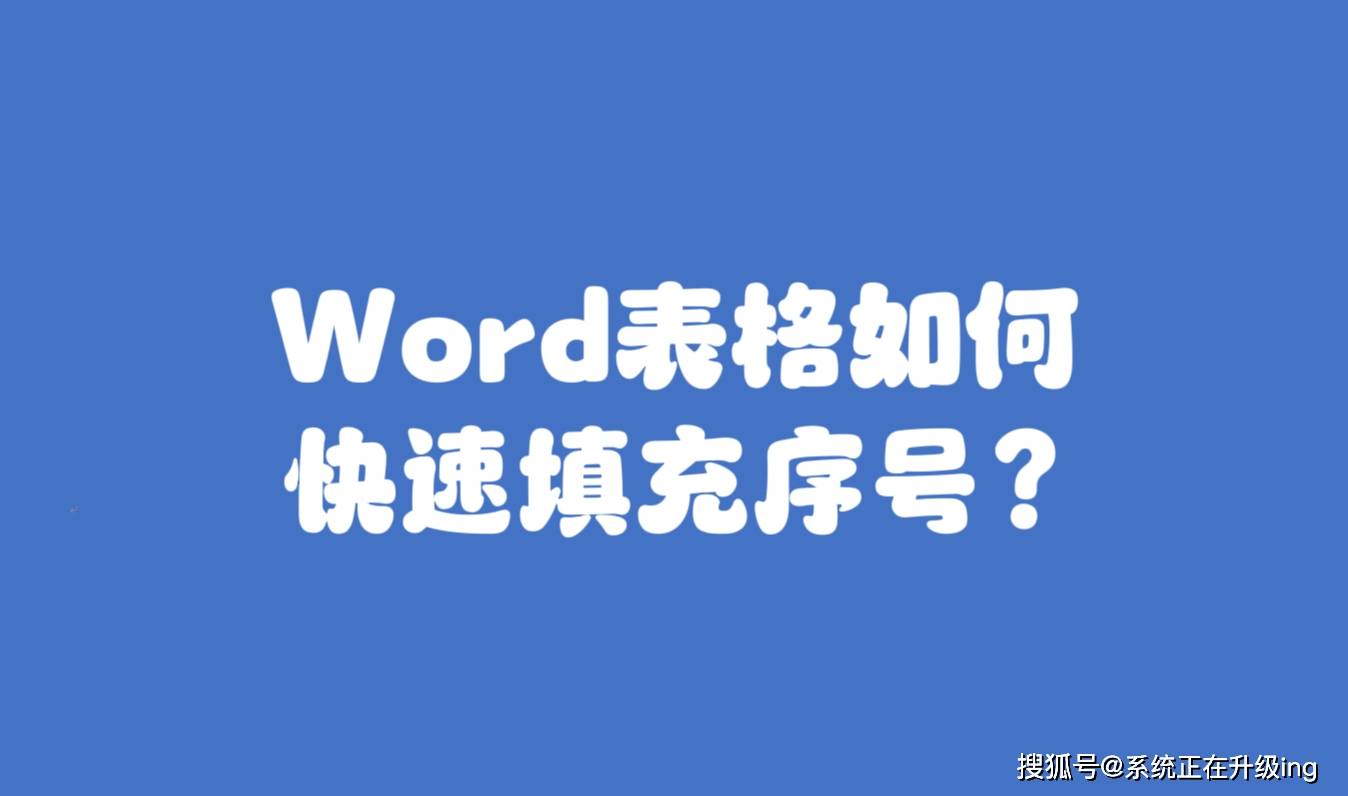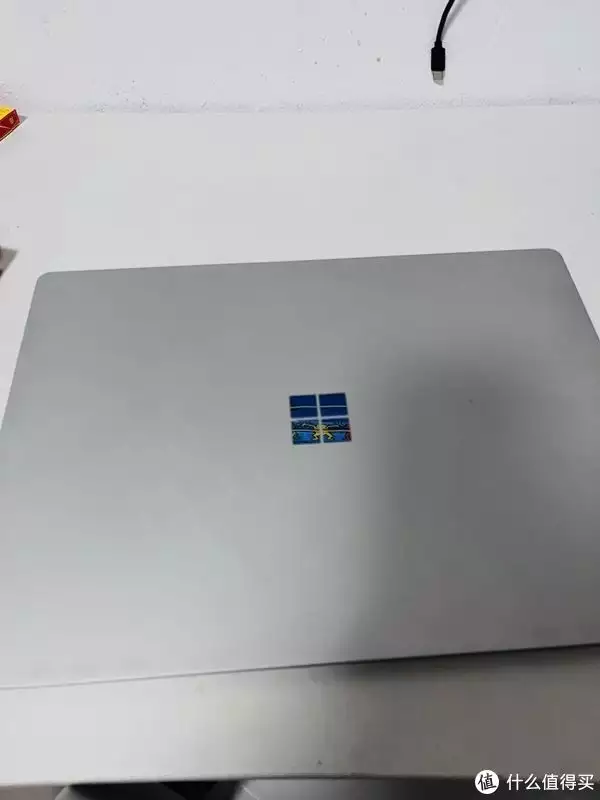What is Chinglish? It’s something that’s often seen, sometimes laughed at, but not everyone can seem to solve. It’s spotted at times, sometimes glaring, other times so covertly hidden that only top language pros can spot traces of it.
Practicing your English (or Chinese)? Tap the button to hear the below text spoken. Try to follow along!
何谓 Chinglish 即「中式英文」?… 它并不罕见,有时看到即会「爆笑」,而有时人们无法知道如何更正有时,这些错误「十分显眼」,又有事,这些错误须顶级专家才能「探测」出正在练习你的英文(或中文)?点按下方音频,并对着文本一起跟随。
What is Chinglish? The Chinglish we’re more familiar with comes from people trying to use English with a Chinese mindset. The biggest difference between the two languages isn’t just limited to the use of the Latin alphabet versus another language with thousands of characters, or even more. Grammar makes a difference, too. For example, singular and plural, common in English, is comparatively more alien in Chinese.
什么是中式英文?我们可能最熟悉的中式英文即是以中文思维方式使用英文两者差别不仅在于英文使用 26 个拉丁字母,而中文使用上千甚至于接近几万个汉字;两者语法同有差别例如,单数复数,对英文而言较为常见,而对中文而言并不如此。
In Europe, we have a similar problem. Sometimes, the English we see in France looks highly suspect, because, of course, it was written with a French mindset. Similarly, some Chinese signs abroad look weird, because, Heaven forbid, someone just copy-and-pasted using Google Translate!
Machine translation, even in this day and age of ChatGPT, still doesn’t always convey the language to you as a native speaker would. Today, I’ll share with you a few elements of “what makes” Chinglish, and in subsequent editions, we’ll take a look at how to get rid of it.
在欧洲,我们有同样问题有时候,我们所见到的法国的英文感觉十分奇怪,因为当然,撰文人以法式思维方式写出该文当然,也不能一切以谷歌翻译进行解决!机器翻译,即使遇到当今 ChatGPT,同样无法以母语方式向你展示某一种语言。
今天,我同各位介绍「几种中式英文」,而后我们将深入了解如何解决这种语言问题First off, this is absolutely Chinglish. Or worse. It’s so bad, in fact, it struggles to be Chinglish!
首先,看一下这个文字,这不仅是「中式英文」,甚至于比「中式英文」还「中式英文」!
This brings to the fore a major question: What exactly is “English” to language users in Chinese? Because English and Chinese “look” very different, to those who ought to actually know better, even banging the keyboard with gibberish in Latin characters “appears” to be English.
Of course that’s wrong. English is a language regulated by grammar, spelling rules, etc; and there’s a formal dictionary, so not any combination of letters will actually “be” English.
Today, we’ll take an overview of the types of Chinglish most often seen. In the following articles, we’ll go into them in more detail.
这即让各位关注一个重要问题 — 对于中国语言使用者,何谓「英文」?… 由于英文与中文「长相」差别甚大,对于不太熟悉英文者而言,即使在键盘上「乱砸几字」,只要不是汉字,很可能就「是」英文了当然,这是完全错误的。
英文当然有语法、拼写规则等,此外还有正式词典,而里面不可胡乱「造句」以「充当」英文现在,我们将简单留意常见的「中式英文」不同类别。而之后,我们将逐文密切留意每一种「中式英文」的「病症」。
Verbatim translationThis is when you translate things word for word, maybe using the dictionary religiously with every character, in the fear of mistranslating it all.
Excessive vocabularyUsing things such as “enormous” instead of “big” can be considered “excessive” vocabulary. There’s no need to appear overly dramatic in English. Also, the use of profanity can be considered “quite” excessive!
“Artsy-fartsy” ChinglishEnglish is a relatively straightforward language, whereas in Chinese, it can at times be more artistic. There’s no need, then, to be “too” artistic in English!
“Too vague” EnglishIf you are not being very precise, this is a problem, as in English, things tend to want to be more precise than is the case in Chinese. Look at, for example, laws in Europe, which tendentially are more regulated to individual cases than Chinese ones, which tend to be more open to interpretation.
逐字翻译如你将每个汉字逐字查阅字典进行翻译,很容易翻译出「中式英文」不当词句例如以「enormous」(巨大)描述「big」(大型),即属用词不当在英文,我们并非始终「演」出自己的选字此外,胡乱使用不妥文句,同属于用词不当。
「过于艺术」中式英文英文语言思维方式十分简单,而中文「语言艺术范儿」略微更明显所以,英文并不需要过度以「艺术」方式进行表达「过度含糊」英文相比中文,英文要求凡是应尽量准确,留意细节例如,欧洲法律一般比较具体,规定出细节,而中国则更略微含糊一些,可以由不同人达至不同解释等。
TyposEither missing words or missing letters can mean a sign, however well-intentioned it may be, ends up as Chinglish.
Machine TranslationBlindly following the likes of Google Translate or ChatGPT won’t lead to perfection. Some expressions are nuanced. Some authors intend things to be read another way in another language. Finally, outright gibberish may result.
Mistaking Pinyin for EnglishOver-translating Chinese into English is also wrong (for example, “Up Sea” in place of “Shanghai”). But there’s another problem: thinking of Pinyin as “stand-in” English. Unfortunately, some of these have been communicated in the mass media to overseas readers, it being quite a painful situation.
Singular / Plural and Grammatical IssuesFinally — but not definitively the last issue — in English, singular and plural are seen all the time. One microphone, two microphones. In Chinese, it’s comparatively rare. Would you say, for example, “一个话筒,两个话筒们”?…
拼写错误如少些一个句子或一个字符等,皆可属于无意中产生「中式英文」机器翻译如盲目跟随谷歌翻译或 ChatGPT,机器并不会引你走上成功之道一些表达方式十分难以准确翻译,可能有些人以不同语言希望写出不同样子的意思等。
胡乱视拼音为英文如各位「过度」翻译,如将「上海」翻译为「Up Sea」而非「Shanghai」,同属错误不过,如果认为拼音可以「替代」英文,同样属错不过,有些情况,翻译者无法找出准确翻译文本,将中文表达「拼音化」,胡乱「视同」拼音「为」英文,已闹出国际笑话。
单数与复数及语法错误最后,但可能不是最终类别,英文中常见单数与双数表达有所不同,如「一个话筒」为「one microphone」,「两个话筒」为「two microphones」,而中文不会使用「一个话筒,两个话筒们」!
We’re just getting started at Chinglish-busting… and tomorrow, there’s already a meme, of sorts, which is a perfect example at, for example, why you shouldn’t translate word by word… or worship Google Translate as some kind of linguistic God!
我们刚刚开始留意如何解决「中式英文」问题。明天,我们将选择一些略微「网红」一些文献展示给各位:为何不要迷信机器翻译!谷歌翻译不是万能的…
亲爱的读者们,感谢您花时间阅读本文。如果您对本文有任何疑问或建议,请随时联系我。我非常乐意与您交流。







发表评论:
◎欢迎参与讨论,请在这里发表您的看法、交流您的观点。